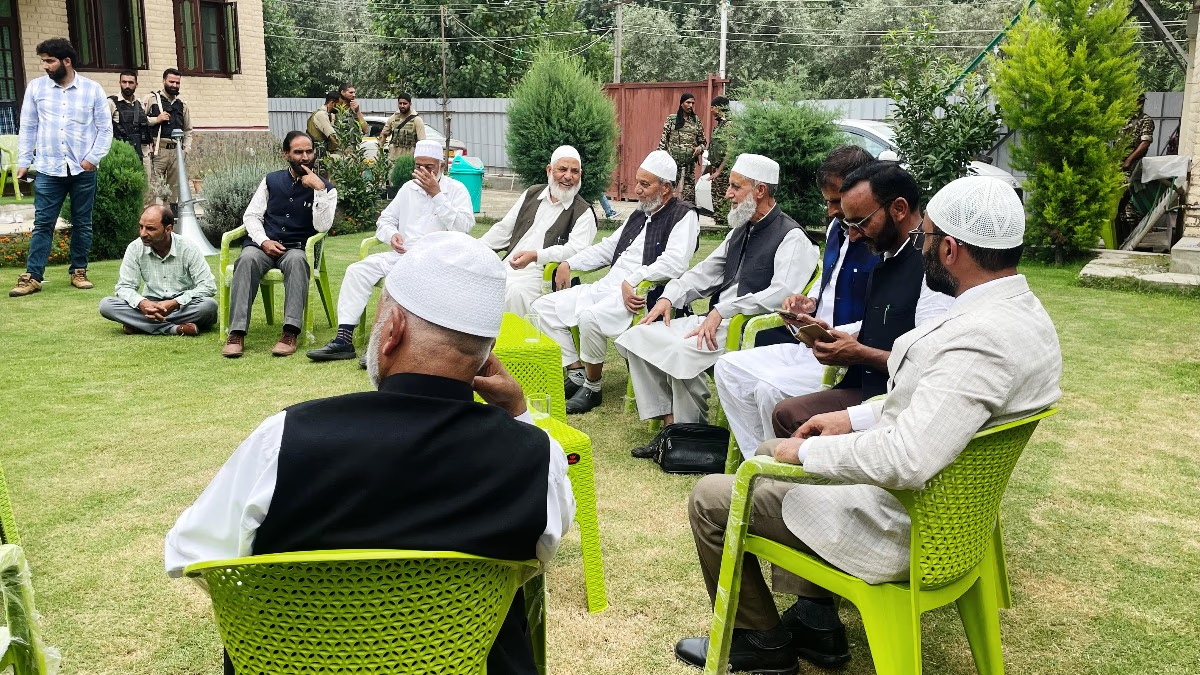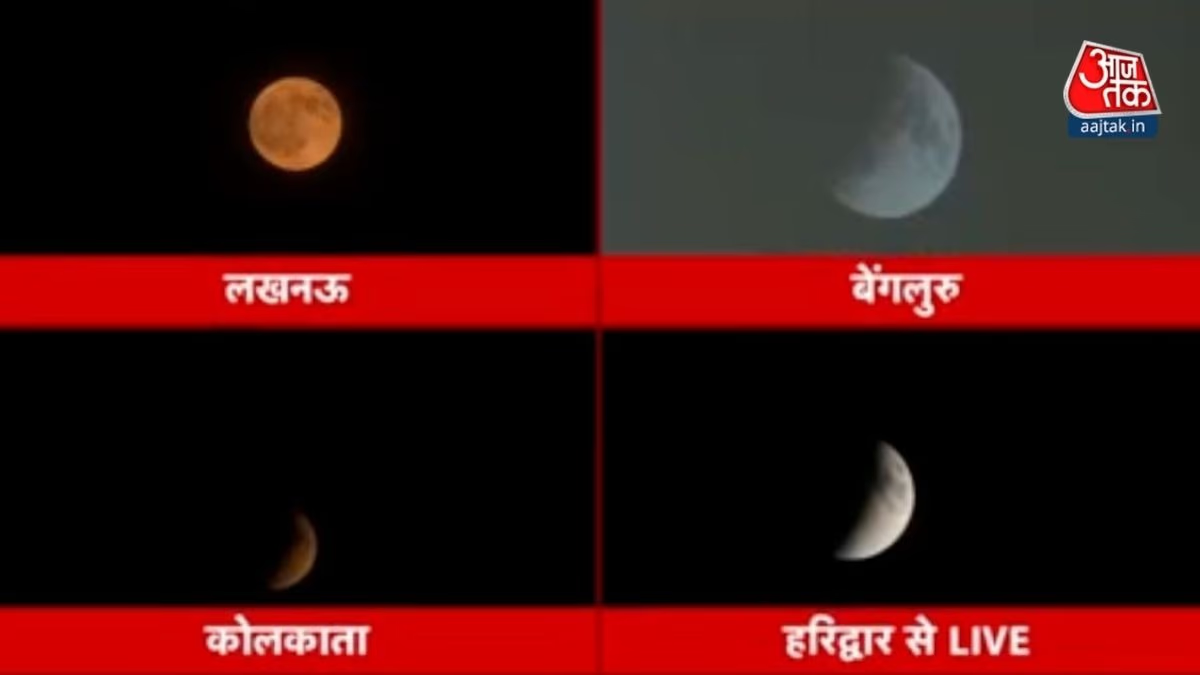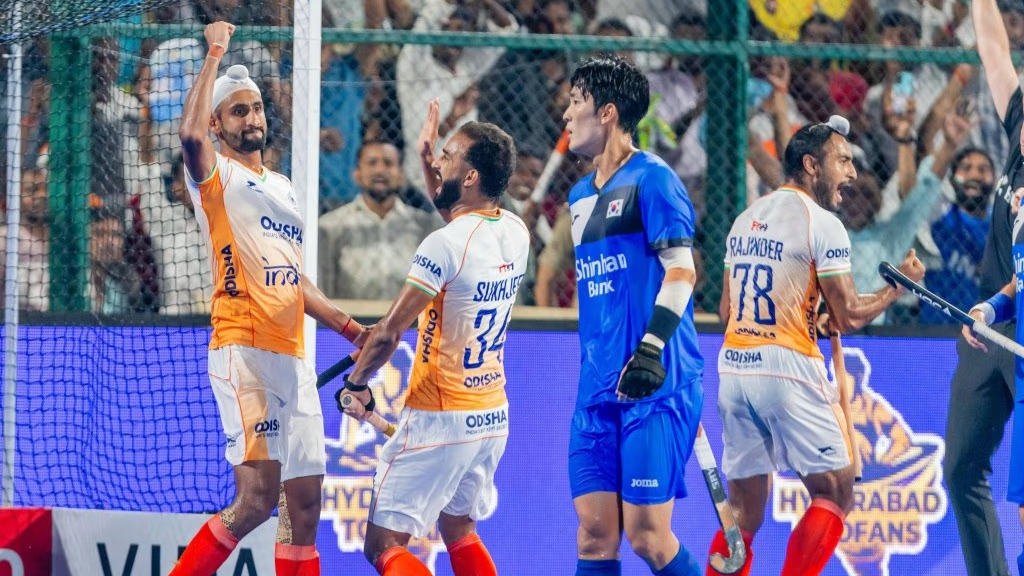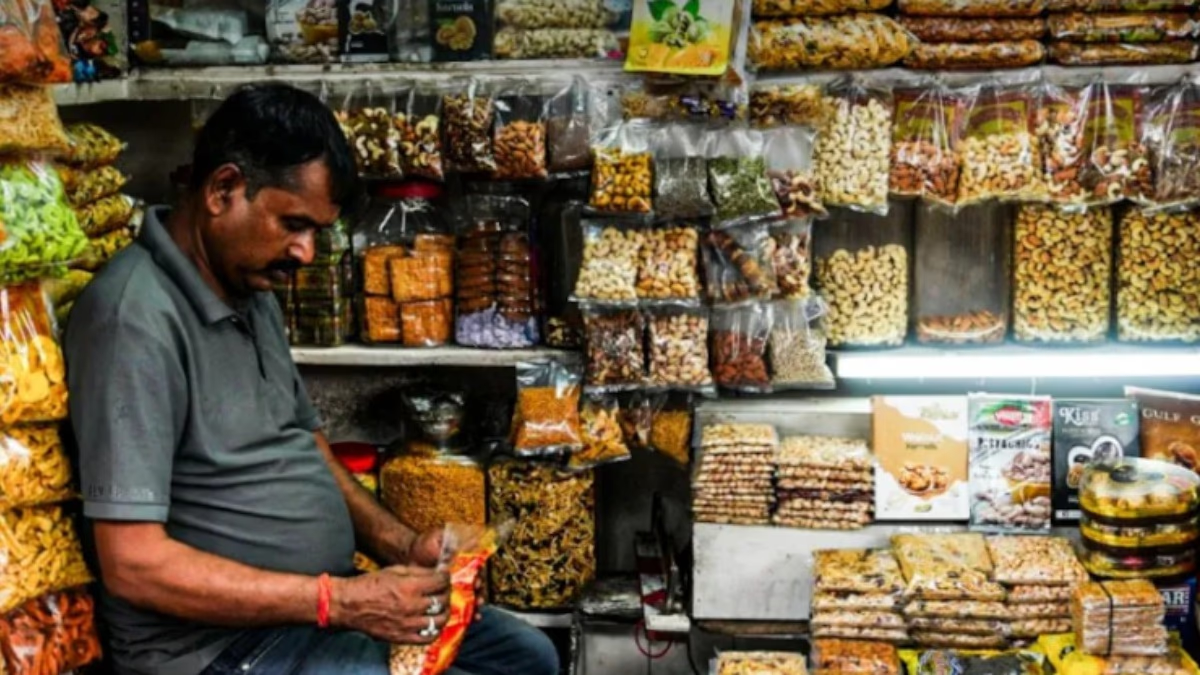The election campaign for the Jammu and Kashmir legislative assembly is in full swing. In this new electoral landscape, parties like the National Conference and the PDP find themselves navigating uncharted territory, seeking new strategies to win over voters.
For the past three decades, almost every election process in the Kashmir Valley has been marred by violence, terrorist threats, and boycott calls by separatists. Political activists were targeted, and threatening posters against elections became a daily occurrence. Separatists, under the Hurriyat Conference banner, would call for boycott, adding to the atmosphere of fear. This resulted in a significant drop in voter turnout in areas like Srinagar, South Kashmir, and parts of North Kashmir.
First Election Post-Article 370
This low voter turnout often helped political parties tailor their strategies, as election plans depended on the perception of low participation. Thus, instead of large voter swings, managing votes was what determined the success of candidates. The upcoming legislative assembly elections, the first after the abrogation of Article 370, are said to bring surprising results. This is why veterans like Omar Abdullah and Sajad Lone are compelled to stand for election from two constituencies to gain an extra edge.
Read More:
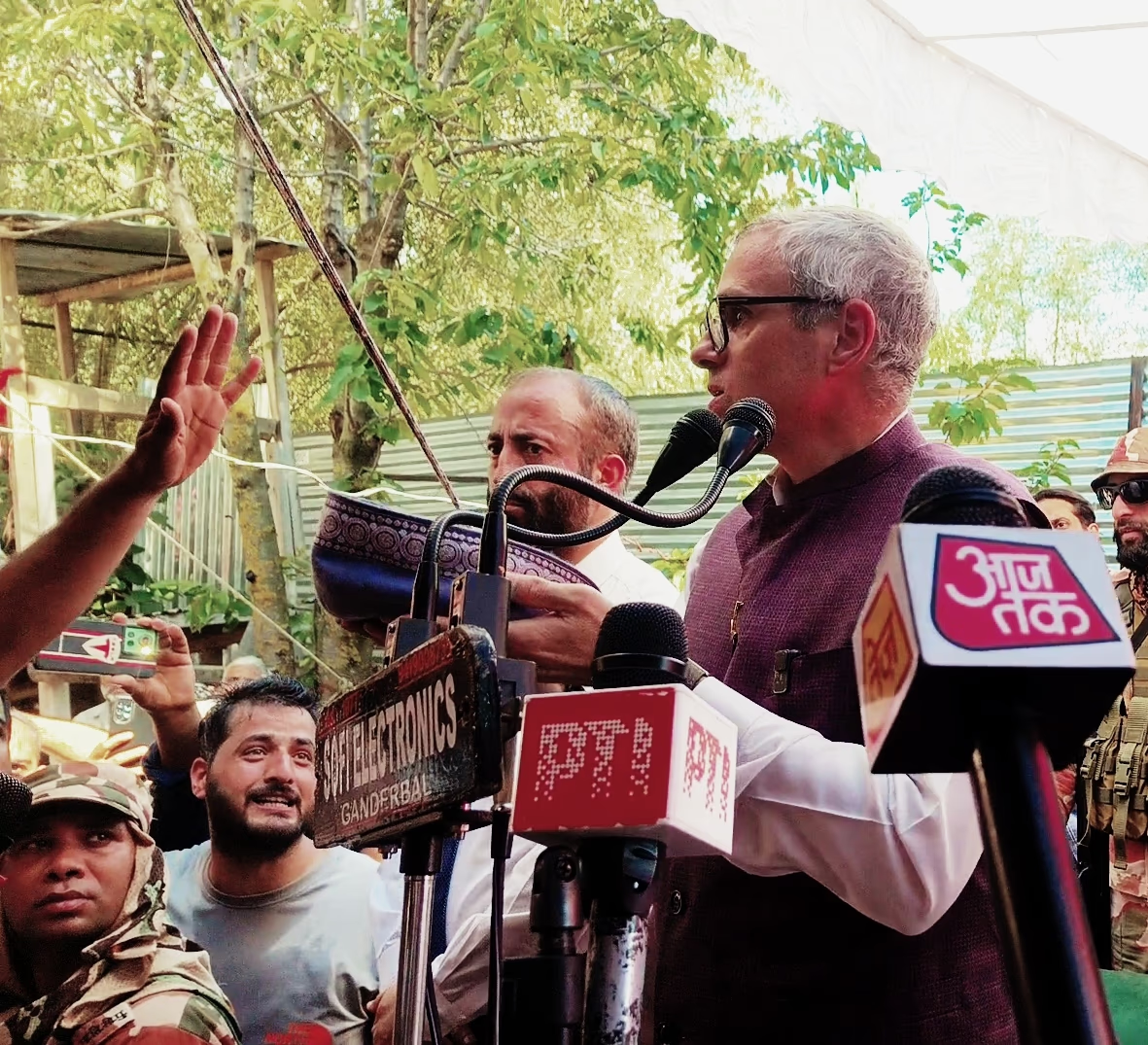
Source: aajtak
Political Landscape Transformed in 5 Years
Omar Abdullah's emotional appeal in Ganderbal, urging people to vote for him and preserve his reputation, indicates his struggle to grasp the election-winning formula post-Article 370's abrogation. The political landscape has completely transformed over the last 5 years, be it delimitation, crackdowns on anti-national ecosystems, separatists, financial aid, or terrorist organizations. These actions have given voters the confidence and fear-free environment to exercise their democratic rights.
Political parties are struggling to adapt to this new format, making even veterans sweating and opting to play it safe. Omar Abdullah will contest from Ganderbal and Budgam, while People’s Conference chief Sajad Lone has similarly filed nominations from Kupwara and Handwara regions of North Kashmir. While this safe move is seen as an admission of a lack of confidence, it has also given political opponents a chance to attack, seeing it as a clear sign of weakness.
Read More:
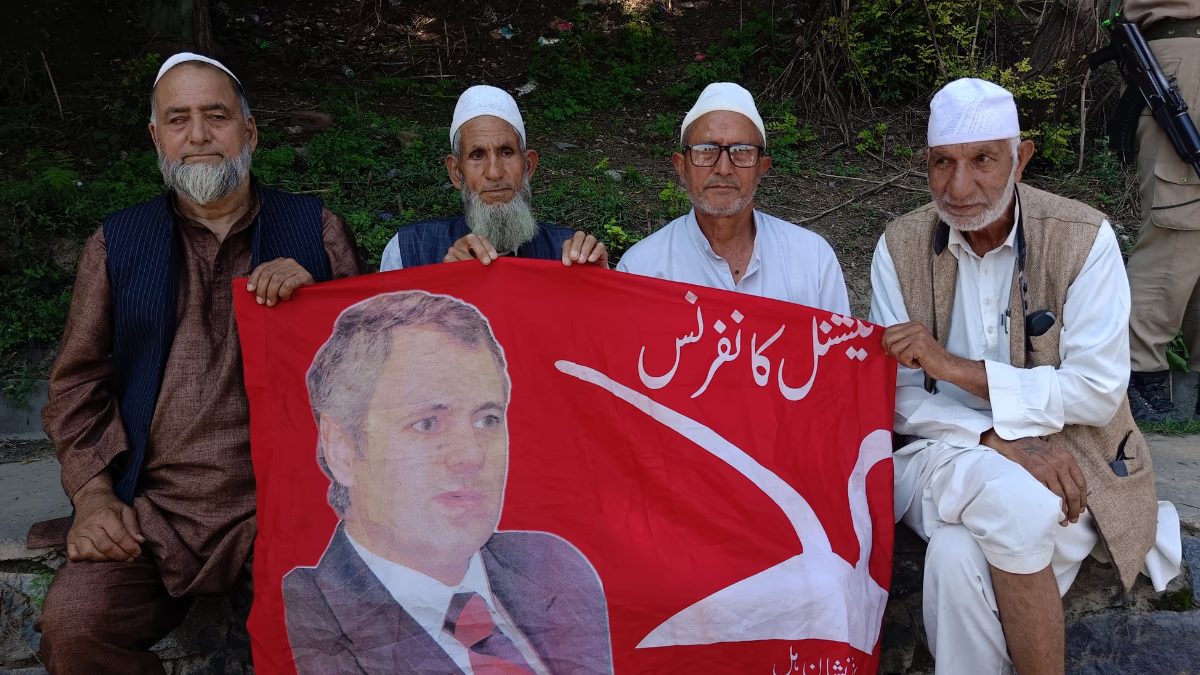
Source: aajtak
Separatists Join Mainstream
The involvement of separatists in the mainstream and Jamaat's support for independent candidates after 36 years showcases the significant changes. These elections are different due to a major factor - the transformation of some separatist organizations.
Post decades of boycott politics, Jammu and Kashmir’s socially and religiously influential organization, Jamaat-e-Islami, has decided to join the mainstream by fielding their candidates as independents after abandoning separatism. This decision is influenced by the UAPA ban that prohibits them from directly contesting, leading them to put forward independent candidates.
‘Freedom Uncle’ Enters the Election Arena
Similarly, separatist leaders like Salim Gilani and Sarjan Barkati, known as 'Freedom Uncle,' have decided to run in the elections. While Salim Gilani joined the PDP, Sarjan Barkati will contest independently from Ganderbal and Beerwah regions, where he will face off against Omar Abdullah. Like Engineer Rashid, Sarjan Barkati will also contest the legislative assembly election from jail.
